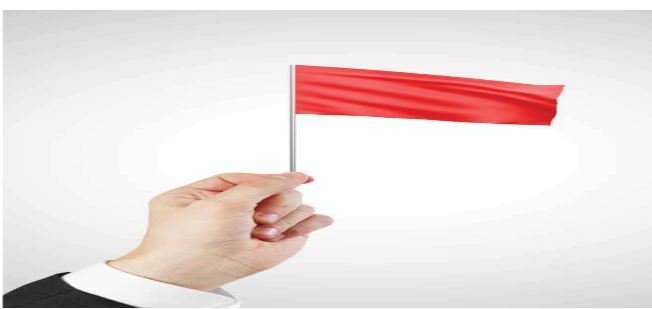
Red Flags for TBML in the US (ICE):
In the United States, ICE (U.S. Immigration and Customs Enforcement) has identified several
"red flags" that may indicate the presence of Trade-Based Money Laundering (TBML):
- Payments to a vendor made by unrelated third parties.
- False reporting, such as misclassification of commodities or incorrect valuation.
- Repeated importation and exportation of the same high-value goods, known as
carousel fraud.
- Trading in commodities that do not align with the involved businesses.
- Unusual shipping or transhipment routes.
- Inconsistent packaging not in line with the commodity or shipping method (e.g.,
goods requiring refrigeration being transported without the necessary equipment).
- Double-invoicing.
Red Flags for TBML in the UK (FCA):
In the United Kingdom, the Financial Conduct Authority (FCA) has suggested indicators that
apply generally, not just to banks providing trade finance:
- Transactions lacking business sense or commercial strategy.
- Transactions inconsistent with the customer's stated business strategy.
- Deviation from the normal trading pattern.
- Involvement of parties sharing the same address or using only a registered agent's
address.
- Excessive or aggressive pressure from the client.
- Reluctance to provide clear answers to routine questions.
- The use of unnecessarily complex structures designed to obscure transaction details.
- An unusual number of intermediaries.
- Involvement of shell companies.
- Unexplained changes to payment instructions.
- Requests to pay a third party.
- Cash transactions.
- Unusually favorable payment terms or unusual trigger points for payment.
- Transactions that do not make economic sense, such as the use of oversized
containers.
Document-Related Red Flags (FCA):
- Documents showing inconsistencies in shipment locations, shipping terms, or
descriptions of goods compared to any Letter of Credit.
- Significant discrepancies between descriptions of goods on bills of lading or airway
bills and the actual shipped goods.
- Unauthorised amendments to documents.
- Bills of Lading consigned as "to be advised between applicant and beneficiary" or
similar variations.
- Future-dated Bills of Lading.
- Letters of Credit containing non-standard clauses.
Cash Usage as a TBML Indicator (Dutch Police):
Research conducted by Dutch police identified the significant use of cash as a characteristic
of TBML schemes. In numerous cases, goods were purchased using cash, with one example
involving the payment of €20 banknotes totalling no less than 3,750 euros. Cash payments
in such large amounts, which typically constitute a small proportion of a company'sexpenses, should trigger automatic suspicions.


Share:
What can I do to prevent or detect it?
Elections: … A Money “Washing Machine”